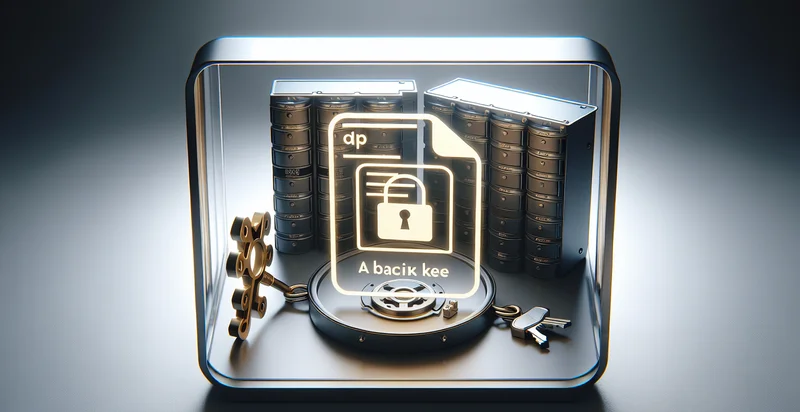Identify if api key is in a backup file
using AI
Below is a free classifier to identify if api key is in a backup file. Just input your text, and our AI will predict if the API key is exposed - in just seconds.

Contact us for API access
Or, use Nyckel to build highly-accurate custom classifiers in just minutes. No PhD required.
Get started
import nyckel
credentials = nyckel.Credentials("YOUR_CLIENT_ID", "YOUR_CLIENT_SECRET")
nyckel.invoke("if-api-key-is-in-a-backup-file", "your_text_here", credentials)
fetch('https://www.nyckel.com/v1/functions/if-api-key-is-in-a-backup-file/invoke', {
method: 'POST',
headers: {
'Authorization': 'Bearer ' + 'YOUR_BEARER_TOKEN',
'Content-Type': 'application/json',
},
body: JSON.stringify(
{"data": "your_text_here"}
)
})
.then(response => response.json())
.then(data => console.log(data));
curl -X POST \
-H "Content-Type: application/json" \
-H "Authorization: Bearer YOUR_BEARER_TOKEN" \
-d '{"data": "your_text_here"}' \
https://www.nyckel.com/v1/functions/if-api-key-is-in-a-backup-file/invoke
How this classifier works
To start, input the text that you'd like analyzed. Our AI tool will then predict if the API key is exposed.
This pretrained text model uses a Nyckel-created dataset and has 2 labels, including Api Key Found In Backup and Api Key Not Found In Backup.
We'll also show a confidence score (the higher the number, the more confident the AI model is around if the API key is exposed).
Whether you're just curious or building if api key is in a backup file detection into your application, we hope our classifier proves helpful.
Related Classifiers
Need to identify if api key is in a backup file at scale?
Get API or Zapier access to this classifier for free. It's perfect for:
- Data Security Audit: Organizations can use the identifier to scan backup files for sensitive API keys that may have been inadvertently stored. This process helps ensure compliance with data protection regulations by identifying potential security vulnerabilities.
- Automated Backup Review: IT teams can implement the function to automatically review backups for API keys every time a backup is created. This proactive measure ensures that sensitive keys are flagged for removal before gaining unauthorized access.
- Incident Response: In the event of a security breach, the identifier can quickly assess backup files to determine if any API keys were compromised. This capability allows businesses to respond swiftly to incidents, minimizing potential damage.
- Configuration Management: Organizations can integrate the text classification function into their configuration management process. By regularly auditing backups for API keys, they can maintain secure application configurations and avoid unintentional exposure of credentials.
- DevOps Compliance: DevOps practices can benefit from using this function to enforce best practices around API key management. It helps teams ensure that backup files are secure and do not contain hardcoded keys that pose risks to the software development lifecycle.
- Continuous Integration/Continuous Deployment (CI/CD) Security: Integrating the identifier into CI/CD pipelines ensures that API keys in backups are flagged before code is deployed. This added layer of security helps prevent the accidental leakage of sensitive information during development.
- Security Training and Awareness: Companies can use the findings from the identifier to train employees about the importance of secure API key management. By demonstrating real scenarios where sensitive keys could be unintentionally exposed, organizations can foster a culture of security awareness.


